Think you know what’s best for the environment when it comes to food? Think again. These forbidden food habits might be exactly what we need to save the planet.
1. Dumpster Diving

While it might sound extreme, dumpster diving can rescue perfectly good food from going to waste. Many discarded items are still safe to eat and can significantly reduce food waste.
2. Eating Invasive Species

Help control invasive species by adding them to your diet. Species like lionfish and Asian carp can be delicious and help protect native ecosystems.
3. Urban Foraging

Cities are full of edible plants if you know where to look. Urban foraging can provide you with free, local, and organic food while reducing the demand for commercially grown produce.
4. Embracing Imperfect Produce

Supermarkets often discard produce that doesn’t meet aesthetic standards. By choosing “ugly” fruits and vegetables, you can help reduce food waste.
5. Nose-to-Tail Eating

Instead of just consuming the prime cuts, eat the whole animal. Nose-to-tail eating ensures that no part of the animal goes to waste, making meat consumption more sustainable.
6. Fermenting Foods
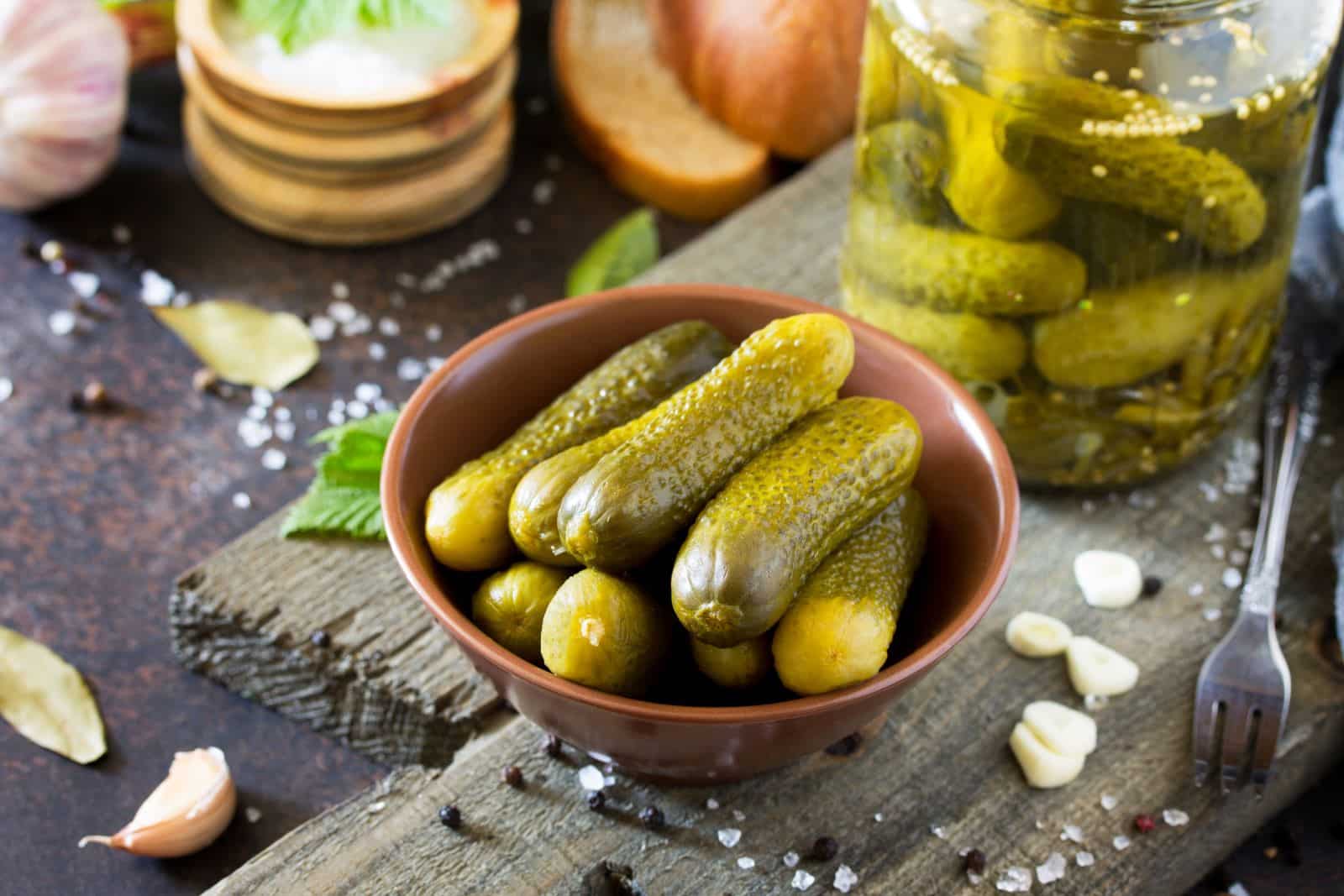
Fermenting foods at home can extend their shelf life and reduce waste. Plus, it’s a great way to enjoy probiotic-rich foods like kimchi and sauerkraut.
7. Foraging Wild Foods
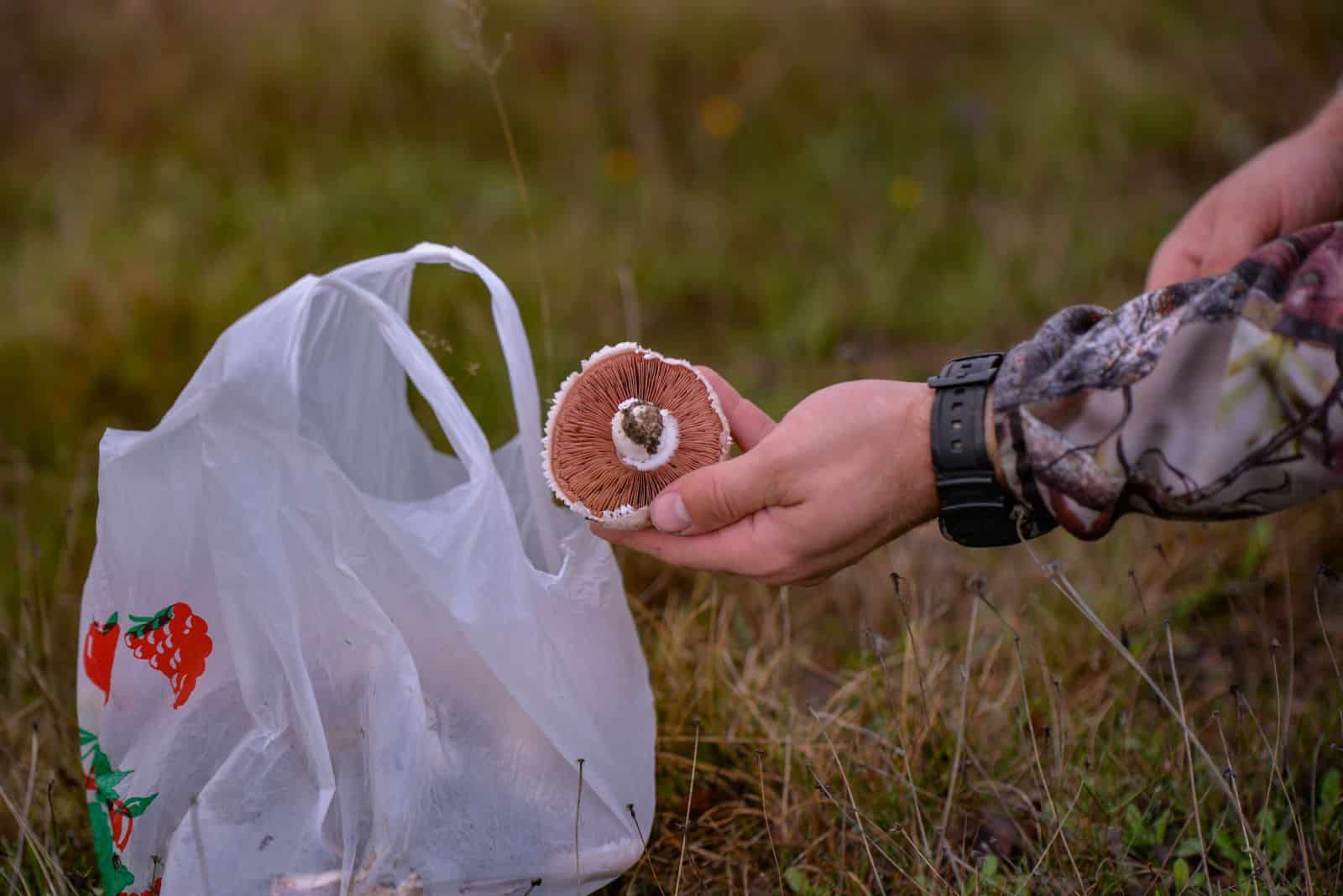
Learning to identify and harvest wild foods can decrease your dependence on conventional agriculture. Mushrooms, berries, and greens are just a few examples of what you can forage.
8. Eating Roadkill

In some places, it’s legal and safe to consume roadkill. This unconventional practice reduces waste and makes use of animals that would otherwise be discarded.
9. Growing Your Own Mushrooms
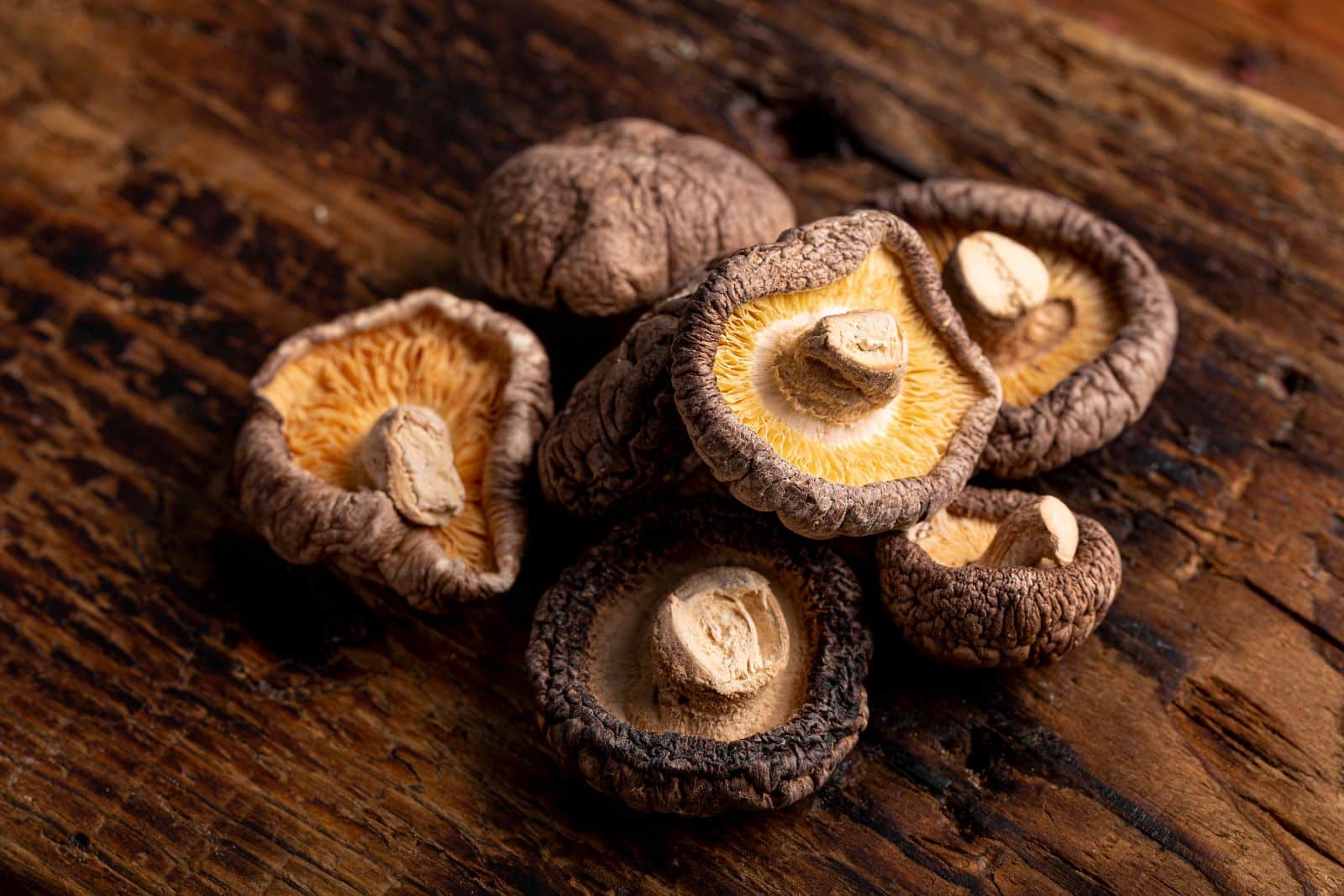
Mushrooms can be grown on coffee grounds and other waste products. Home-growing mushrooms is a sustainable way to enjoy this nutritious food.
10. Insect Consumption
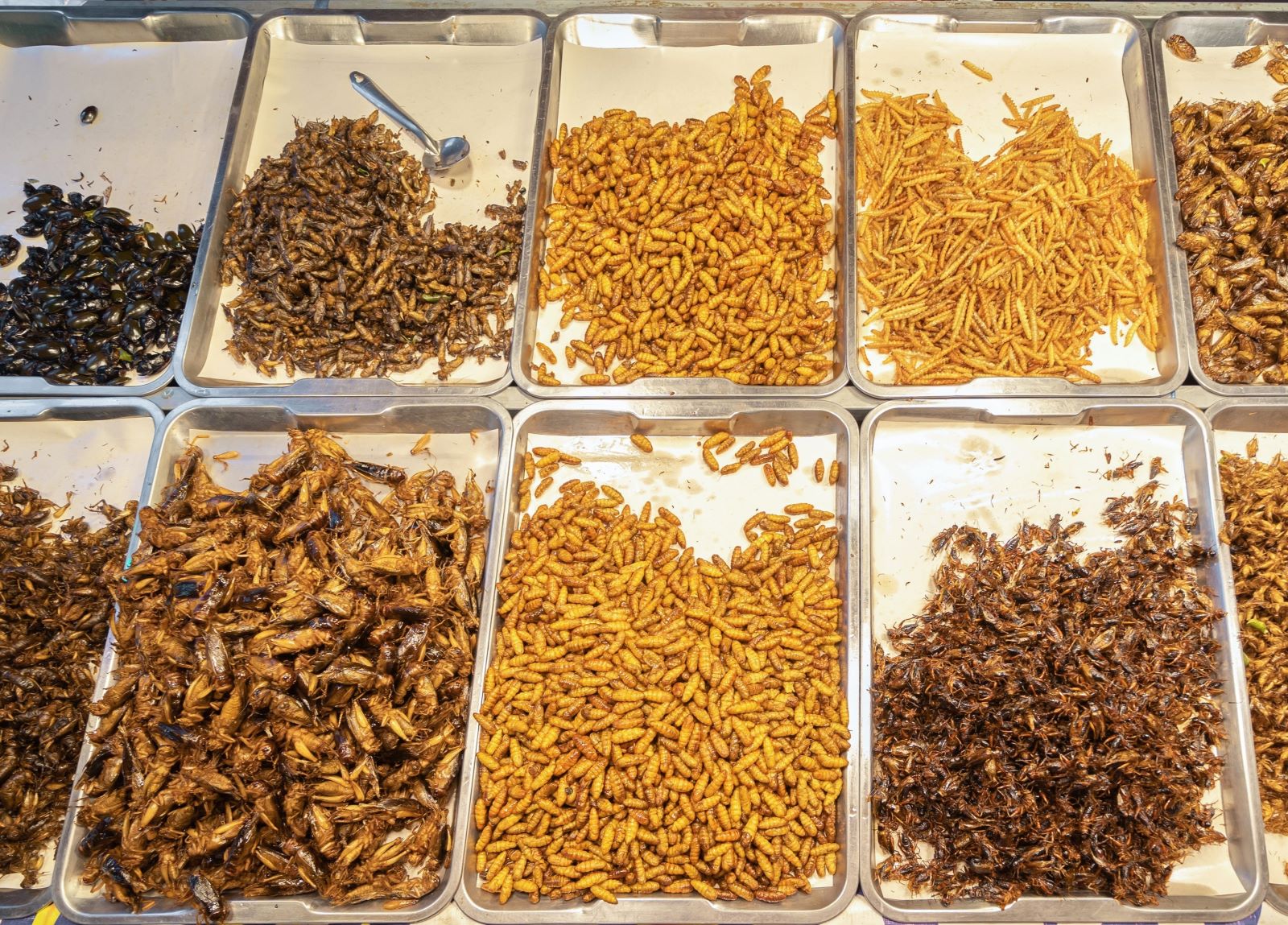
Insects are a highly sustainable protein source. Eating bugs like crickets and mealworms can significantly reduce your carbon footprint.
11. Dumpster Diving for Ingredients

Some chefs are creating gourmet meals from discarded food. This practice highlights the potential to reduce waste and reframe how we view “expired” ingredients.
12. Seaweed Farming
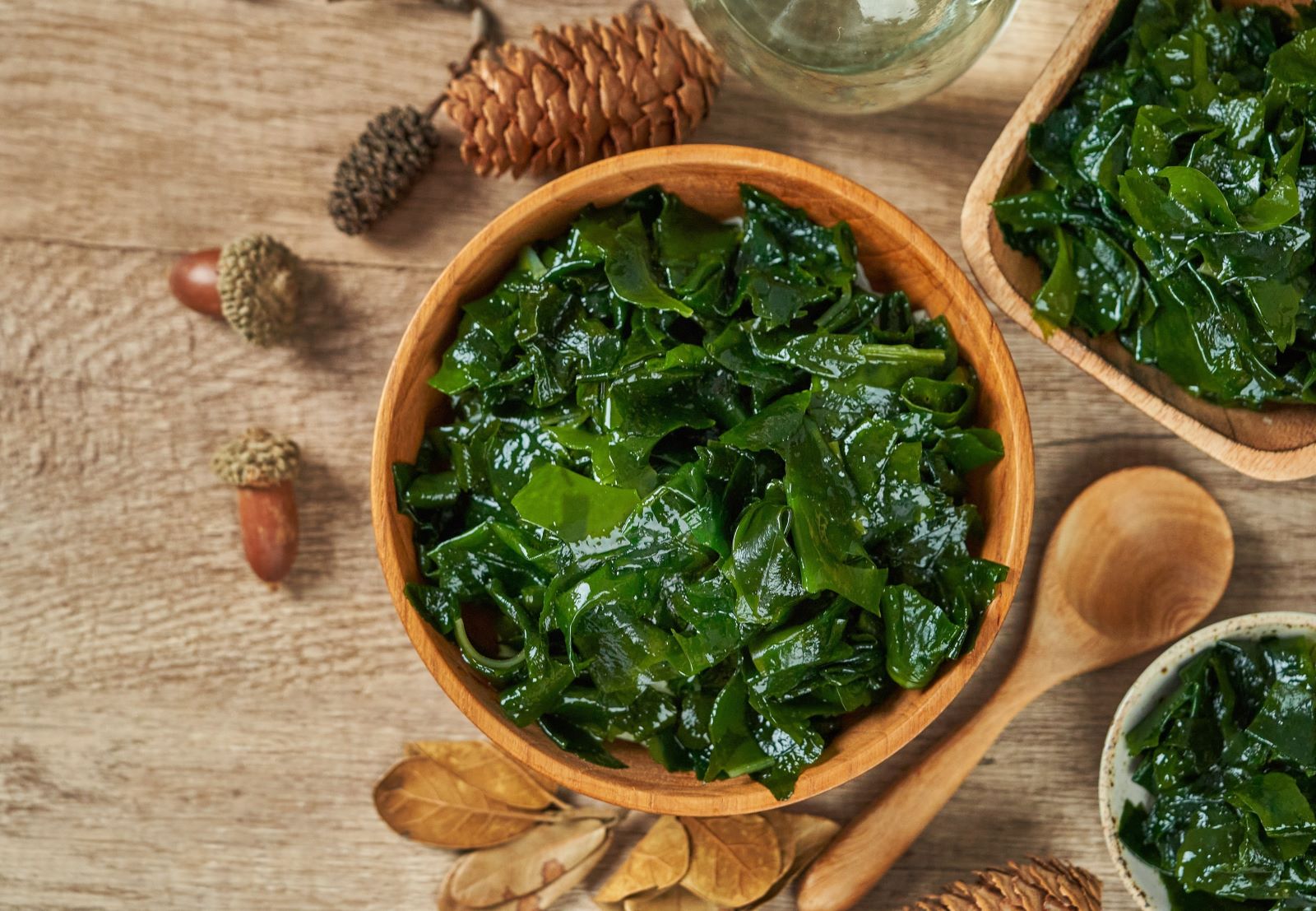
Seaweed is incredibly sustainable to farm and rich in nutrients. Incorporating more seaweed into your diet can support ocean health and provide a low-impact food source.
13. Intermittent Fasting

Intermittent fasting can reduce food consumption and waste. By eating less frequently, you can lessen your environmental impact and promote better health.
14. Home Aquaponics
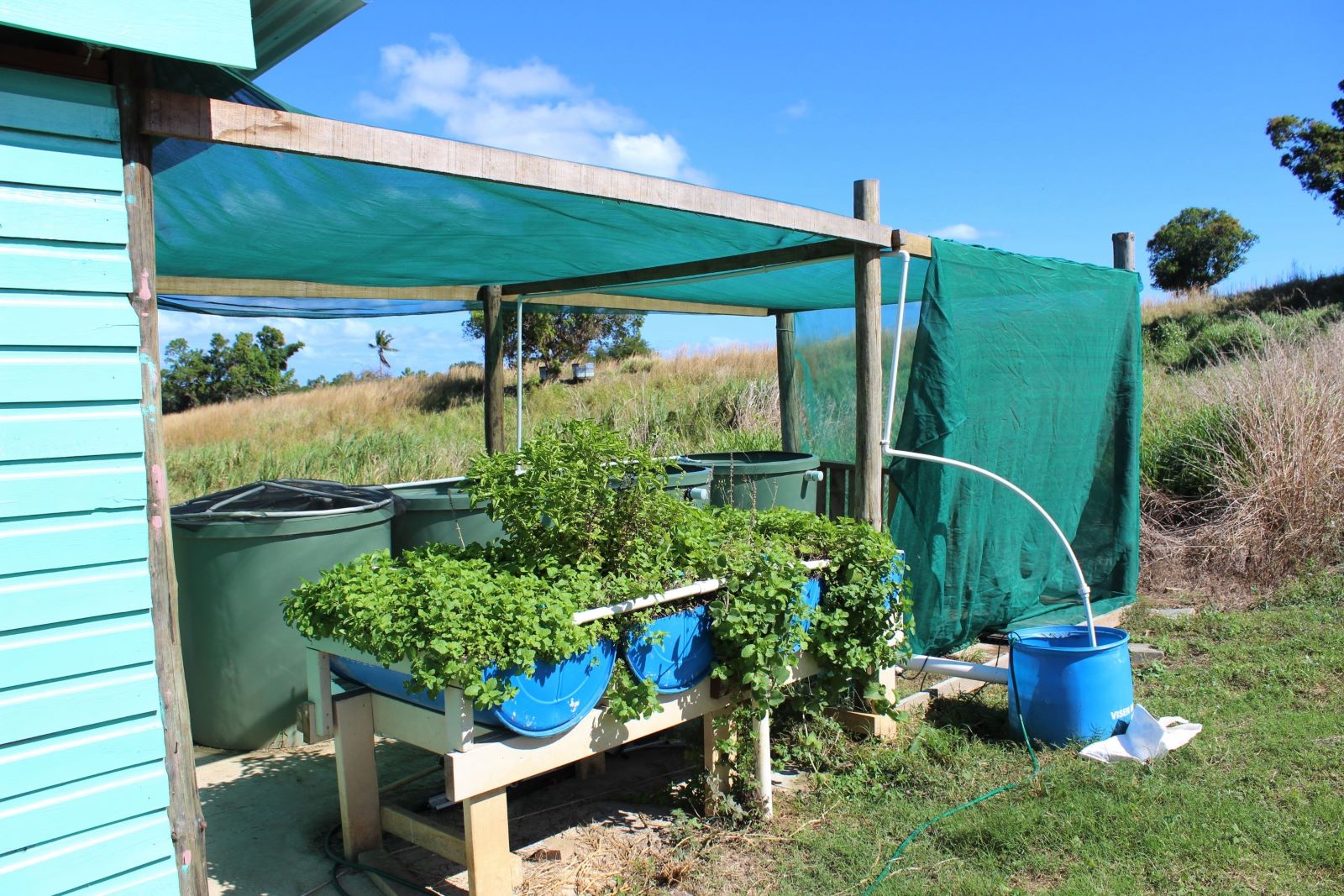
Raising fish and plants together in a closed-loop system can provide fresh produce and protein with minimal environmental impact. Home aquaponics setups are becoming more accessible.
15. Planting Perennial Vegetables

Perennial vegetables require less maintenance and resources than annuals. By planting perennials, you can enjoy a more sustainable garden.
16. Eating Algae

Algae like spirulina and chlorella are nutrient-dense and sustainable to produce. Incorporating these superfoods into your diet can lower your carbon footprint.
17. Reducing Food Packaging
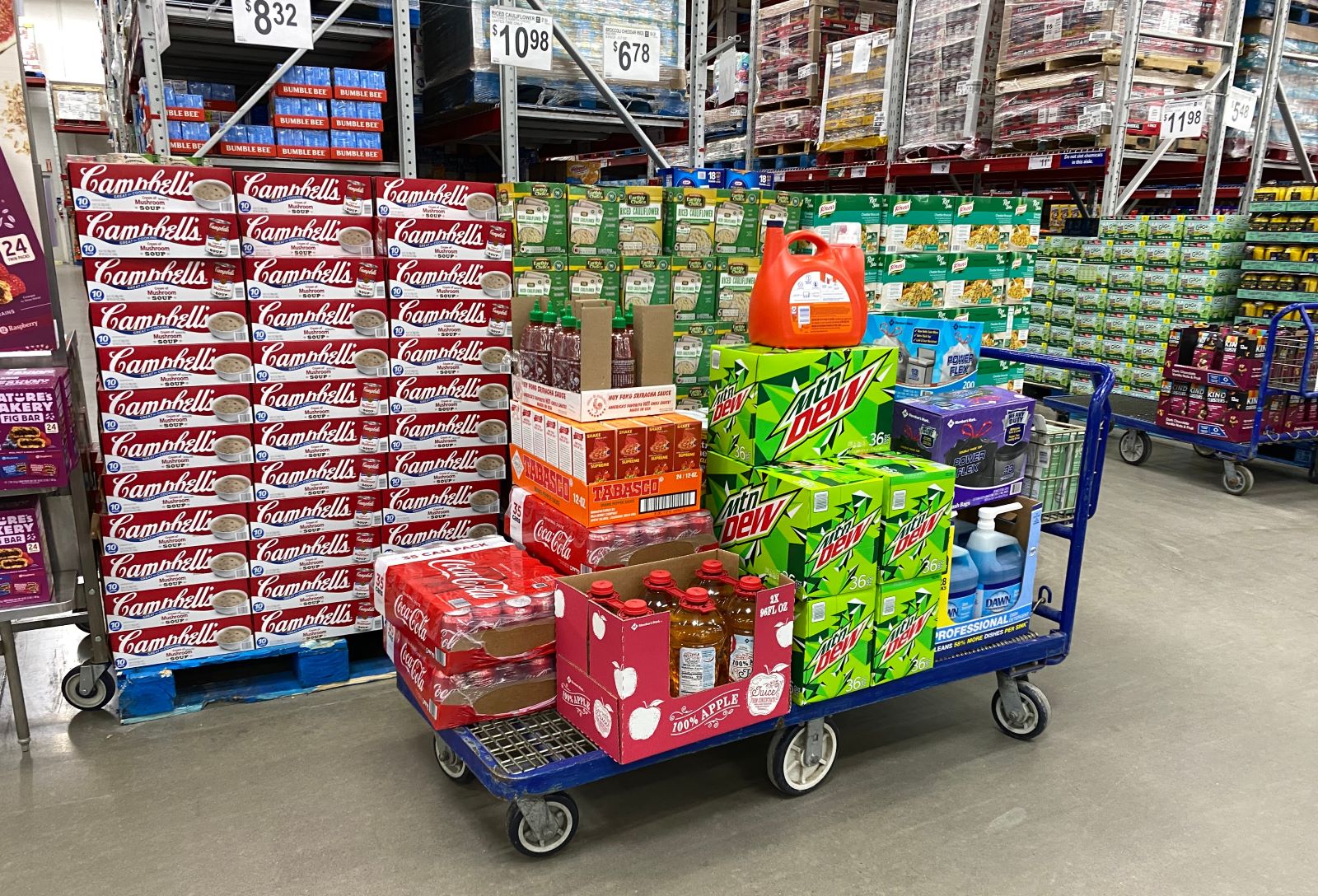
Buying in bulk and choosing products with minimal packaging can reduce your plastic waste. Bringing your own containers and bags to the store helps minimize single-use plastics.
Rethink Your Plate
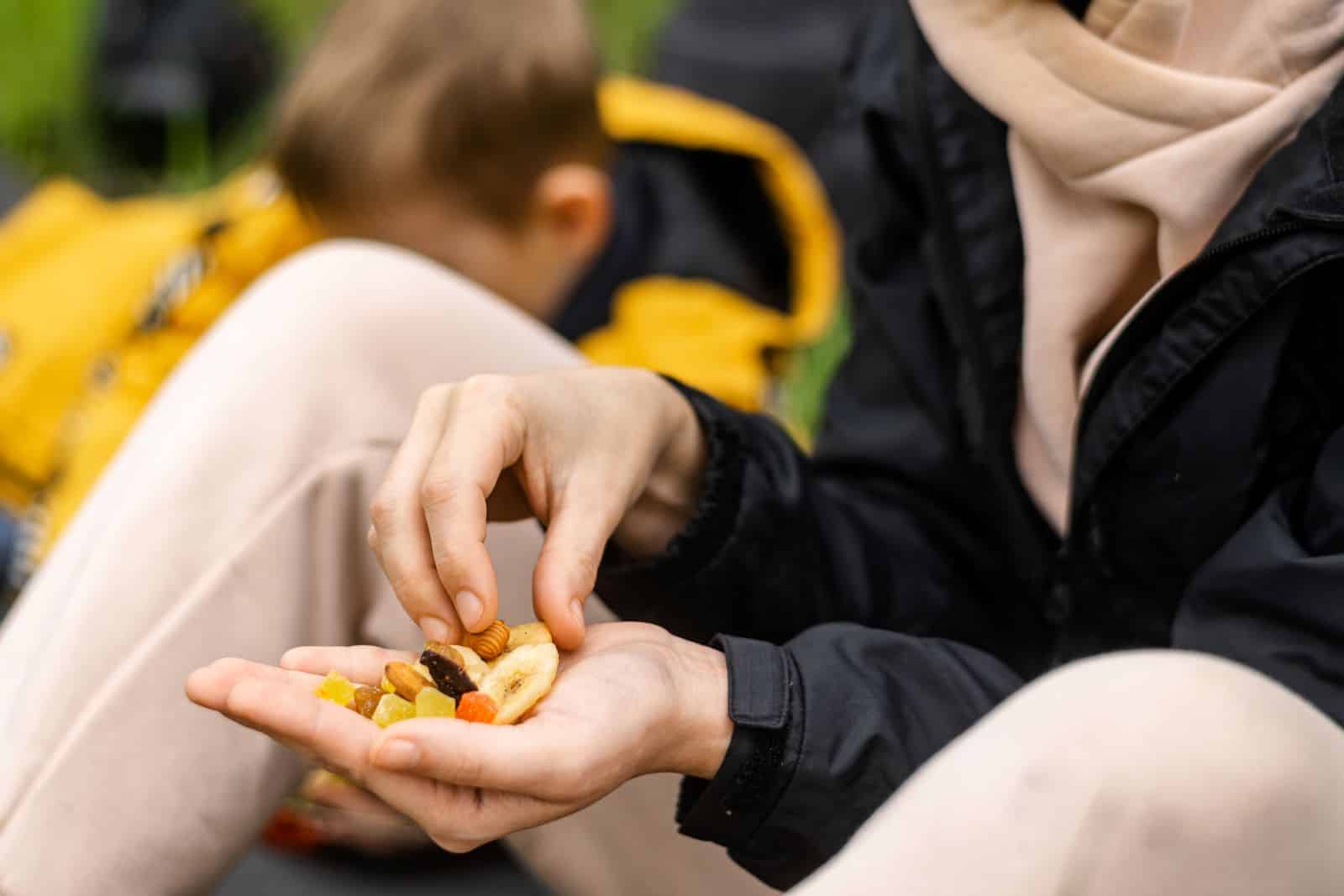
These forbidden food habits challenge conventional wisdom but offer innovative ways to protect the planet. By thinking outside the box and adopting some of these practices, you can make a significant impact on reducing waste and promoting sustainability. Ready to give them a try? The planet will thank you.
Timeless Taste: 20 Boomer Superfoods That Are Making a Comeback
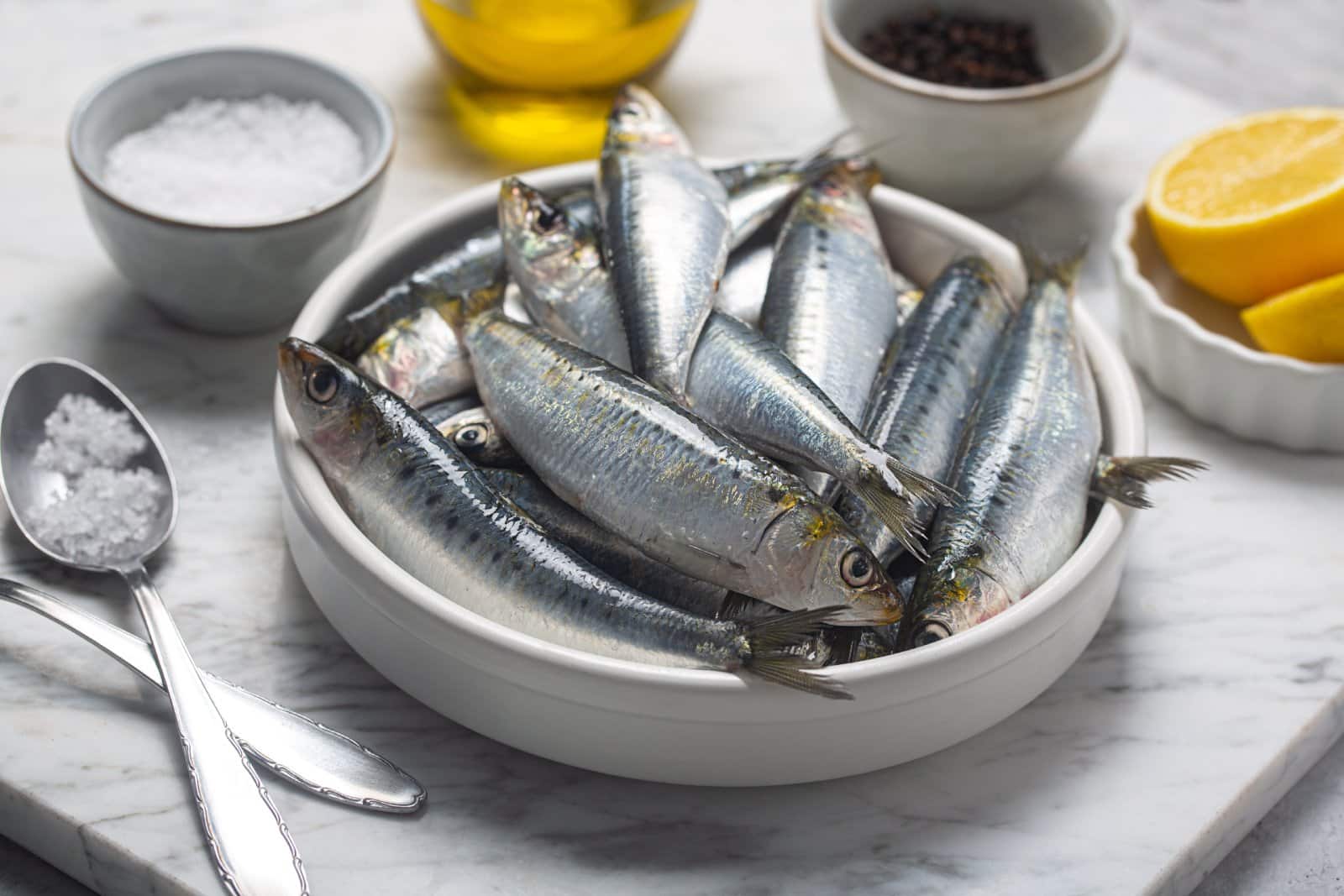
Discover the forgotten superfoods of the boomer generation! From liver to sardines, these nutritional powerhouses are making a comeback. Join us as we rediscover these classic ingredients and their health benefits. Let’s dive into the world of boomer superfoods together! Timeless Taste: 20 Boomer Superfoods That Are Making a Comeback
21 Everyday Grocery Items That Are Loaded With Chemicals

Grocery shopping can seem like a science experiment, with many products packed with artificial additives instead of nutrients. While convenient and tempting, have you considered what’s really in these items? 21 Everyday Grocery Items That Are Loaded With Chemicals
18 Must-Eat Foods for a Longer Life

In the quest for a longer life, certain foods can make a big difference. From everyday staples to exotic finds, these options span various budgets and might surprise you. Who knew the secret to longevity could be right in your pantry or at the grocery store? 18 Must-Eat Foods for a Longer Life
Featured Image Credit: Shutterstock / Taras Grebinets.
For transparency, this content was partly developed with AI assistance and carefully curated by an experienced editor to be informative and ensure accuracy.

